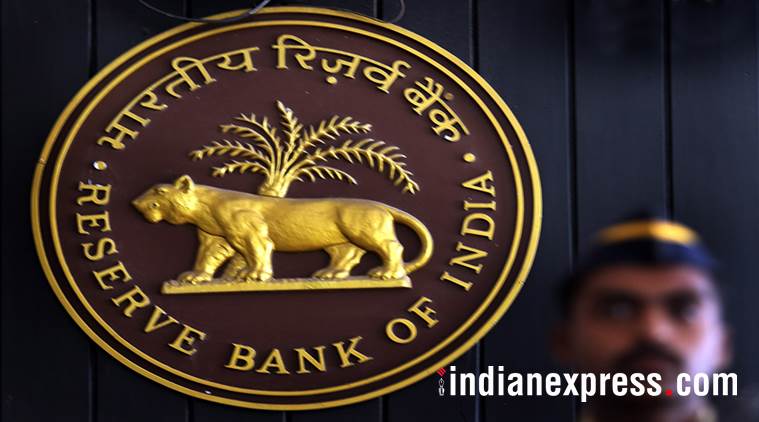RBI: Internal ombudsman mandatory for banks with over 10 branches
The implementation of IO Scheme, 2018 will be monitored by the bank’s internal audit mechanism apart from regulatory oversight by RBI.
 Scheme introduced to strengthen the internal grievance of banks and to ensure that complaints are redressed at the level of the bank itself. (Express Photo by Pradip Das)
Scheme introduced to strengthen the internal grievance of banks and to ensure that complaints are redressed at the level of the bank itself. (Express Photo by Pradip Das)
The Reserve Bank of India (RBI) Monday asked all scheduled commercial banks with over 10 branches to appoint an internal ombudsman (IO). The central bank has, however, excluded regional rural banks (RRBs) from appointing ombudsman.
“The IO should examine customer complaints which are in the nature of deficiency in service on the part of the bank that are partly or wholly rejected by the bank. As the banks shall internally escalate all complaints, which are not fully redressed to their respective IOs before conveying the final decision to the complainant, the customers of banks need not approach the IO directly,” the RBI said. The implementation of IO Scheme, 2018 will be monitored by the bank’s internal audit mechanism apart from regulatory oversight by RBI.
The scheme was introduced to strengthen the internal grievance of banks and to ensure that the complaints of the customers are redressed at the level of the bank itself by an authority placed at the highest level of bank’s grievance redressal mechanism so as to minimise the need for the customers to approach other fora for redressal, the RBI said.
The scheme covers, appointment/tenure, roles and responsibilities, procedural guidelines and oversight mechanism for the IO. In May 2015, the RBI had advised all public sector and select private and foreign banks to appoint IO as an independent authority to review complaints that were partially or wholly rejected by the respective banks.
If a complaint is not settled by agreement within a period of one month from the date of receipt of the complaint or such further period as the Banking Ombudsman may allow the parties, he may, after affording the parties a reasonable opportunity to present their case, pass an Award or reject the complaint, RBI guidelines say.








- 01
- 02
- 03
- 04
- 05























